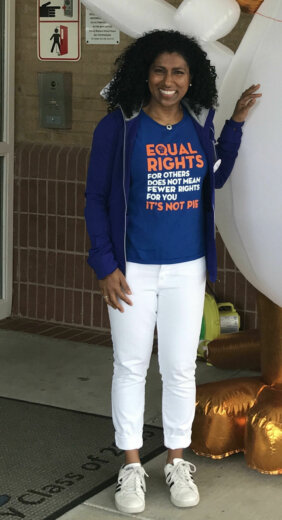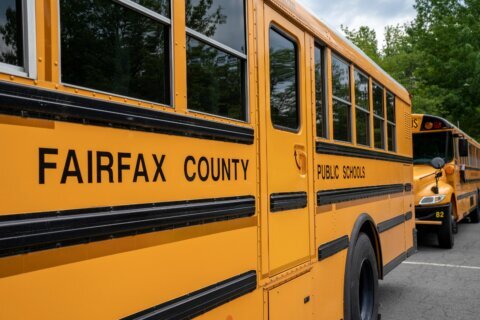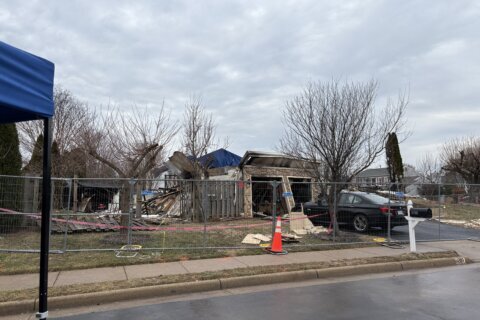Sujatha Hampton, education chair for Fairfax County, Virginia’s NAACP branch, said that a lot has changed about her job over a year into the COVID-19 pandemic.
Hampton and her 90-member education committee work to close the achievement gap between white students and students of color in Fairfax County, and to create an anti-racist school environment.
Normally, she said, that mostly entails tracking down reports of racism by students in Virginia’s largest and most diverse school district. But this past year has been different.
“There are no more constant, never-ending racism claims, because kids are home,” she said. “SROs were not able to be involved with kids anymore. And principals, administrators … all of the racism complaints completely stopped.”
But as schools begin to reopen, there’s a new challenge — helping students who were impacted the most by the pandemic.
“What we are doing is pushing our school board,” Hampton said, by asking the question, “What are the specific remediations that are going to be in place for the disproportionate learning loss of Black and brown children? Because it was disproportionate.”
The long-term impact of remote learning on students is still statistically unclear, as many school districts remain online or in a hybrid learning model.
But researchers at Columbia University published a report that said, “Only 35% of white students were exposed to distance learning in October 2020, compared to more than half of Black, Hispanic, and Asian students. By December, rates of school closures spiked for all groups, though nonwhite students were still more likely to be learning remotely.”
The report also said students are “learning far less” in remote learning than in face-to-face learning.
That kind of learning disparity based on race can have far-reaching impacts, said Hampton, who took on her role at Fairfax’s NAACP after working with the Fairfax Democratic Party since 2016.

“I work in a race space. I talk about race all day long. I wake up in the morning, I talk about race. I talk about race all day long until I go to bed, and I wake up the next day, and I do it again,” Hampton said.
She said that education equity is “so fundamentally imbricated with human rights that it’s perhaps the most important thing that we do.”
She added that the disparities in society all start, “when you don’t give an equal education to a people over generations and generations … these things don’t change easily.”
The lack of day-to-day racism complaints has allowed Hampton and her committee to focus on policy change.
For example, Hampton said she is in the process of creating a coalition of NAACP branches across Virginia to help students improve literacy.
But one of her most important responsibilities is to hold those in charge at Fairfax County Public Schools accountable.
She said that even though she has a good relationship with Superintendent Scott Brabrand, she still has to hold him accountable because “he’s responsible for other people’s children.”
“You can’t be allowed to feel comfortable if you’re in a position of authority over children,” Hampton said. “You are not holding that trust as sacred as I do, or as we should. That’s not my job, to make you feel comfortable.”
Brabrand’s office did not respond to a request for comment from WTOP before the publishing of this article.








